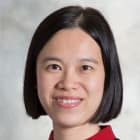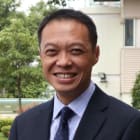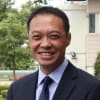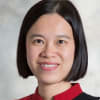Commentary: Why people have volunteered for COVID-19 vaccine trials – even in Singapore
Without brave volunteers who sign up for clinical trials, there would be no new drugs or vaccines for COVID-19 or other diseases, say local doctors Jenny Low, Louis Chai, Barnaby Young and Ooi Eng Eong.
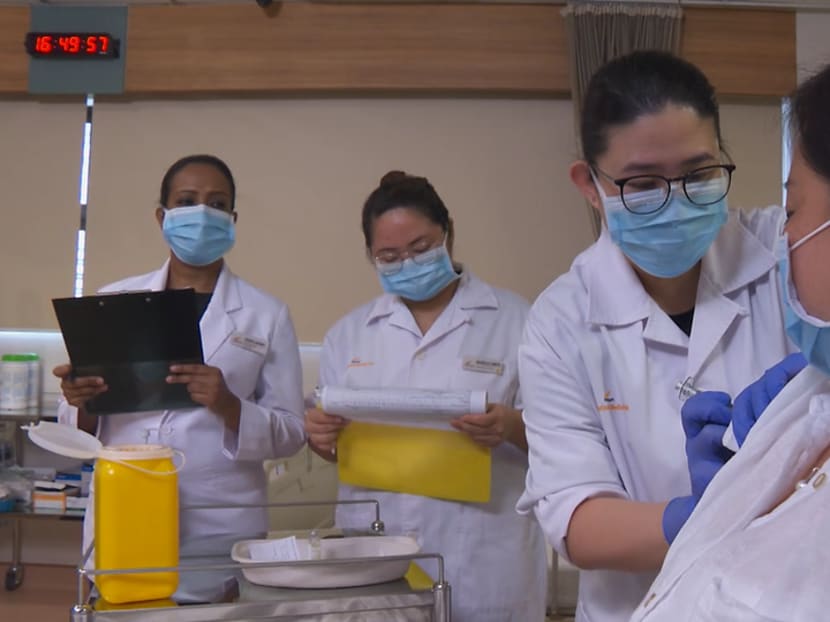
SINGAPORE: Without COVID-19 vaccines and drugs, the world would still be in lockdown – overwhelmed hospitals, empty streets and many of us stuck at home.
Instead, many countries have resumed social and economic activities to varying degrees and we can all breathe a little easier knowing that COVID-19 is a mild disease for the vast majority of the vaccinated.
We know that new drugs and vaccines advance and protect human health. As the COVID-19 pandemic has shown, the public expects these to undergo stringent clinical trials to reassure us of their safety and efficacy.
And this necessarily means some brave people step up to test them on behalf of the rest of us.
About 75,000 volunteers worldwide participated in the Pfizer-BioNTech and Moderna vaccine studies beginning in the first half of 2020, with the results published in peer-reviewed scientific journals before regulatory agencies authorised them for emergency use. Both companies have also conducted similar trials in children below 12.
Human volunteers are needed in each clinical trial phase to gather specific information about drugs or vaccines – from how they are processed by the human body, whether they give rise to side effects and their effect on the target disease.
In Singapore, many people responded to the recruitment call for early phase clinical trials for a novel self-amplifying mRNA COVID-19 vaccine, conducted at the Singapore General Hospital, National University Hospital and National Centre for Infectious Diseases. This vaccine was co-developed by Duke-NUS Medical School and United States biotechnology company, Arcturus Therapeutics.
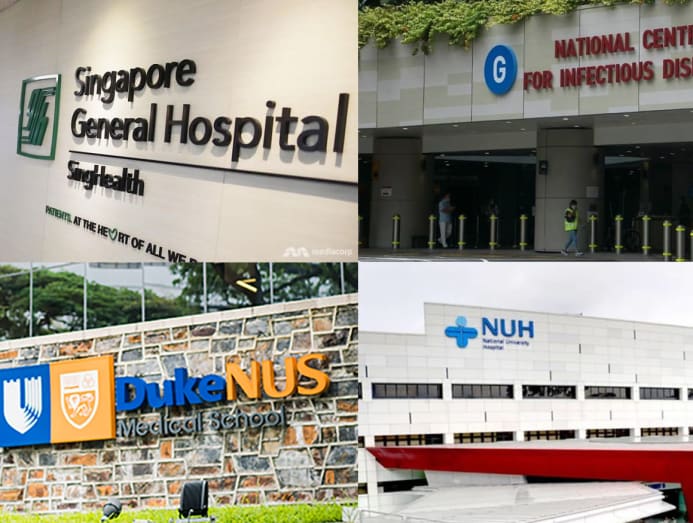
For the Phase 1 study alone, 100 volunteers, aged between 21 to 80, stepped forward to join and help fight the pandemic as early as August 2020.
What really stood out for those of us involved was the enthusiastic response. It was especially heartening to see volunteers from the pioneer generation stepping forward to continue contributing to Singapore.
CLINICAL TRIALS HAVE EXCELLENT SAFETY RECORDS
How safe is it to sign up as a volunteer for these untested vaccines?
First, volunteers are not guinea pigs. No human testing is ever done without extensive pre-clinical testing in animal models. But animal testing cannot replace human trials because our immune responses don’t work in the exact same way.
Second, clinical trials in many countries are strictly governed. In Singapore, trials can only proceed with approvals from two independent bodies – the Health Sciences Authority as the regulatory authority and the healthcare institutional ethics boards, which consists of not only doctors and scientists, but must include lay people, such as religious leaders and lawyers.
Third, participants are equipped to make an informed personal choice. They are informed on all aspects of the trial, including treatment options, potential side effects and benefits of the treatment, and are encouraged to ask questions and raise any concerns.
Participants can withdraw from the trial at any time and for any reason, without penalty.
Fourth, the requisite monitoring and assessment for adverse effects and response to treatment during clinical trials is rigorous, cautious and detailed. Many clinical trials also have a data and safety monitoring board, of experts independent of the product being developed, to review the safety and viability as the trial progresses and give assurance that it can continue.
Finally, these procedures are safeguarded by law, which means trials can be halted and organisers penalised if not conducted in accordance with the above.
ALTRUISM AND OTHER MOTIVATION FACTORS FOR VOLUNTEERING
Every year, thousands of volunteers in Singapore and many more across the world participate in clinical trials. But the motivational factors vary.
Altruism is usually a clear motivator, as we observed during the Duke-NUS-Arcturus trial, such as wanting to contribute to a solution to a global pandemic or a major disease. It’s almost the main factor needed for Phase 1 trials, as healthy volunteers are recruited to test sample doses of new medicines for the first time in humans.
Derivation of personal benefit is another major motivational force. Patients who participate in clinical trials have a front row seat to the evolving science on COVID-19.
The first volunteers to trial the Pfizer-BioNTech and Moderna COVID-19 vaccines globally were the first to be protected from the disease ahead of the rest of the world.
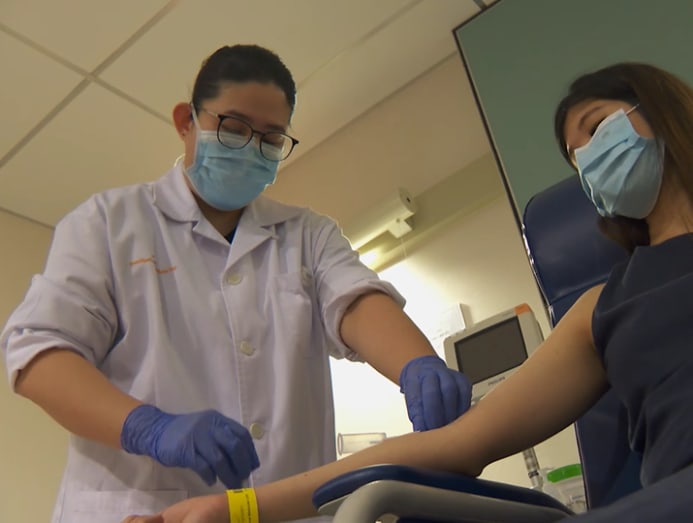
Besides the vaccine, Singapore has participated in clinical trials of new COVID-19 treatments.
Infected patients signed up to access promising therapies such as remdesivir and the first monoclonal antibody cocktail that could potentially help them recover more rapidly.
There are other benefits of conducting local clinical trials, particularly for new drugs. Patients can make informed decisions about the type of care and options available.
Those with conditions that cannot yet be treated effectively can consider proactively seeking out clinical trial opportunities and consider new types of care that could improve their medical care.
GOLD STANDARD OF HEALTHCARE
Hospitals too are motivated to conduct clinical trials despite the massive work and resources required.
This allows doctors to not only access cutting-edge therapies but also have at their disposal the most current evidence-based care that the trial treatments are compared against.
More patients in Singapore ultimately benefit from the gold standard of care.
Our hospitals and biomedical research infrastructure are world-class. We are well placed to conduct early to late-phase clinical trials, and thereby ensuring the safety and effectiveness of new drugs and vaccines among Singapore’s diverse population.
Indeed, every medical institution in Singapore should actively engage in clinical trials to ensure that the Singapore population has access to the highest quality of healthcare routinely.
So the next time you see a doctor in a hospital, do ask if there are any active clinical trials that you can consider joining.
You could be part of a special group of people helping make sure new drugs and vaccines rolled out are indeed safe and effective for all.
Dr Jenny Low is Associate Professor in the Emerging Infectious Diseases Programme, Duke-NUS Medical School and Senior Consultant in the Department of Infectious Diseases, Singapore General Hospital.
Dr Louis Chai is Associate Professor in the NUS Yong Loo Lin School of Medicine and Senior Consultant in the Division of Infectious Diseases, Department of Medicine, National University Hospital.
Dr Barnaby Young is head of the Singapore Infectious Disease Clinical Research Network, National Centre for Infectious Diseases.
Dr Ooi Eng Eong is Professor in the Emerging Infectious Diseases Programme, Duke-NUS Medical School.


